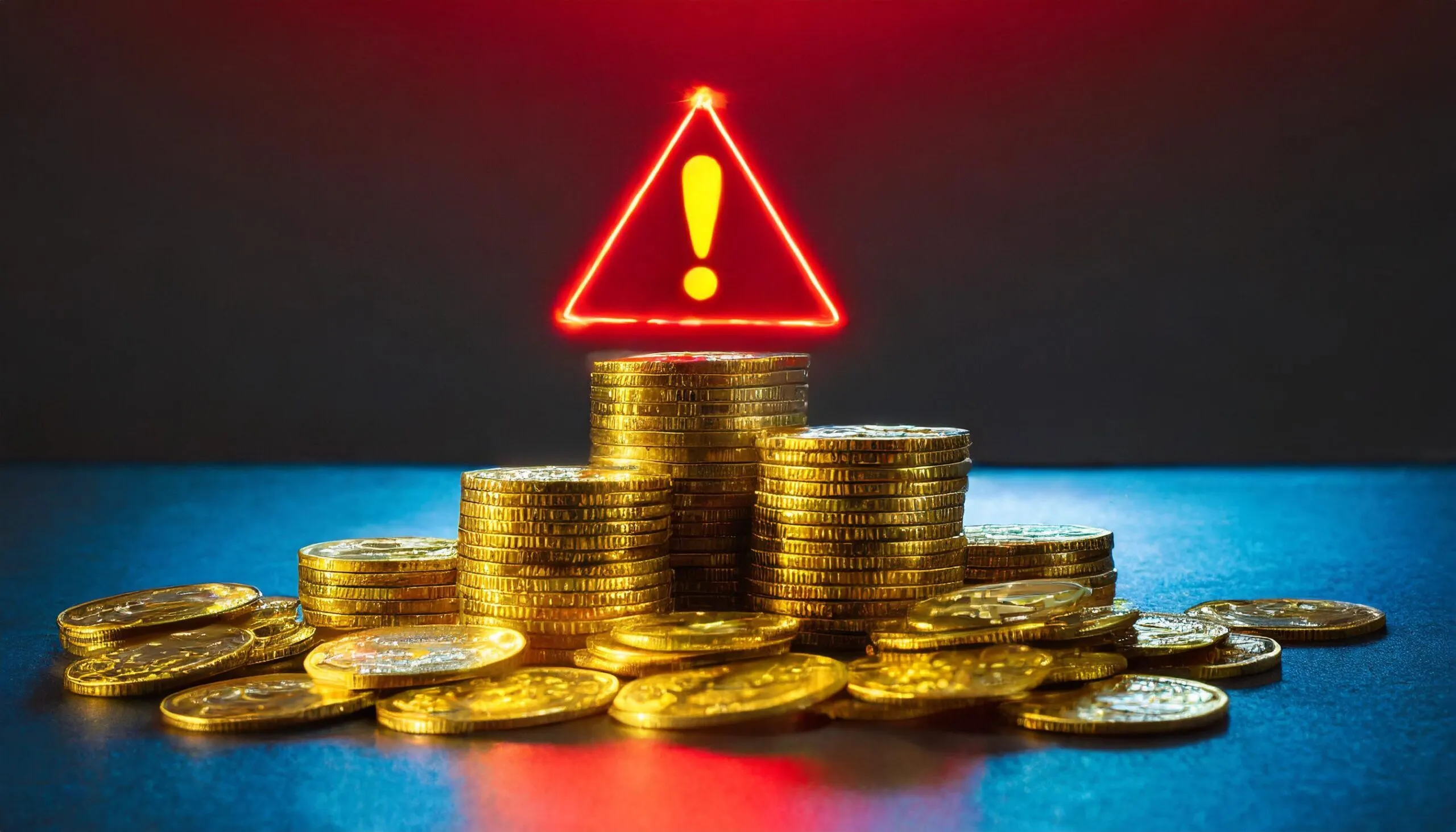More than half of the newly listed Ethereum tokens on decentralized exchanges could be pump and dumps, a Chainalysis report shows.
Of the Ethereum-based tokens that hit DEXs last year, 54% "display patterns that may be suggestive of pump and dump schemes," the report finds.
Even though most tokens showed signs of potentially being scams, Chainalysis found that they only represent 1.3% of total DEX (decentralized exchange) trading volume. This means that while there are a lot of possible scams out there, investors are putting more of their money into trusted tokens on exchanges.
The Chainalysis Crime Report takes a close on-chain look at the over 160,000 tokens that were available for trade on DEXs in 2023. It found that the actors that launched pump and dump tokens collectively made $241.6 million in profit, which averages out to approximately $2,500 each. With most dumps happening within the first few weeks of a token's launch.
The researchers defined three on-chain criteria which indicate pump and dump behavior. The first criteria requires the token to be purchased five or more times by DEX users who have no connection to the token's biggest holders, this determines there was a pump outside of the creators. Next, a single address must remove more than 70% of the liquidity, indicating the dump. Lastly, the current liquidity must be $300 or less to show the token is still largely inactive.
While this helps broadly define pump and dump behavior, Chainalysis admits that more external factors must be considered before legally defining each token as a pump and dump.
"You need more than just this. You need to read off-chain data and you need proof of intent," Kim Grauer, Chainalysis Director of Research, told Decrypt. "I'm definitely not a lawyer, nor would I want to be."
Red flags
That said, one major red flag that can be spotted on-chain is wash trading, which is the simultaneous buying and selling of the same asset to artificially boost its value.
"Who are the buyers and sellers of the pump and dump tokens? It's usually one or two addresses that are just buying and selling," Diane Seo, Data Analyst at Chainalysis, told Decrypt. "Investors can capture this pattern to distinguish whether these tokens have a potential risk or not."
This, alongside the rest of the report, shows that you are often able to distinguish the patterns of a pump and dump purely using on-chain data.
"There's no silver bullet—anything could be rugged just like in any kind of mainstream scam—but there are steps you can take to educate yourself." Grauer explained, "every single transaction is available on the blockchain. And there's many public tools, in addition to services that Chainalysis offers, where you can look at who the participants are that are investing in a token."
A case study in the report showed one wallet launched 81 different pump and dump schemes netting $830,000 in profits. This information is readily available on the blockchain and could be noticed by any investor that had the on-chain analysis skills necessary.
A message to policy makers
Regulators and lawmakers have painted crypto in broad strokes as a tool for criminals, but the perception has decreased over the years.
"I don't see this as doom and gloom at all. I see this as very positive." Grauer told Decrypt, "Not only can we get really clear on market integrity questions with data, but also only 1.3% of all volume, in the past year, is associated with these shit tokens."
Instead, Chainalysis sees this as a warning to investors to do their due diligence before investing in unestablished tokens. But its most important message to regulators and policy makers is that pump and dump schemes can be identified using on-chain data and tools.
"I think the thing that policymakers should walk away from with this is that [the blockchain] is actually transparent," Grauer told Decrypt. "This is the light at the end of the tunnel. This might feel like a black box with whales manipulating the market left and right. But in fact, we have data that can be thrown at those perceptions."
Edited by Stacy Elliott.

